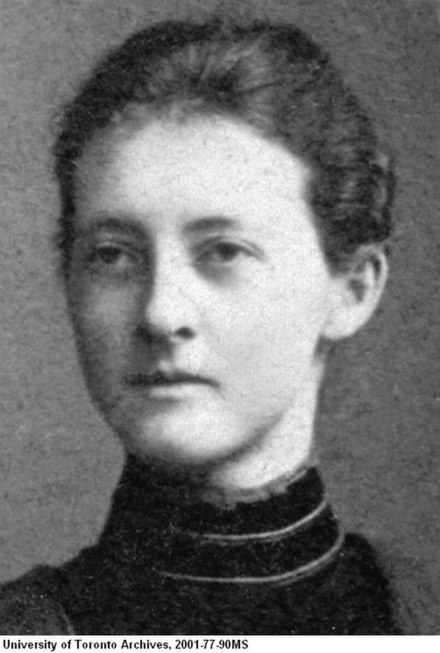The Canadian Society for Chemistry announced on February 9th that Jennifer Murphy of the Department of Chemistry will be the recipient of the 2024 Clara Benson Award.
Sponsored by the Canadian Council of University Chemistry Chairs, this award is presented to recognize a woman who has made a distinguished contribution to chemistry while working in Canada. It is named for Clara Cynthia Benson, one of the first two women to earn a Ph.D. from the University of Toronto. Dr. Benson was recognized for her work in food chemistry during the World War I, when she discovered that explosives could be analyzed in the same manner as the chemistry of foods. In addition to her accomplishments in the area of food chemistry, Dr Benson was an advocate for women’s athletics at the university and became the first president of the Women’s Athletic Association in 1921. In 1959 the Benson Building, named in her honour, became the centre of women’s athletics at the University of Toronto.
“Receiving this award is a particular honor because Clara Benson is such a remarkable alumna of this department,” said Murphy, responding to the announcement. "I arrived at U of T in 2007, so I missed the departmental celebrations in 2003 that commemorated the centenary of her PhD."
Murphy went on to note that it has been a pleasure to learn about Benson’s wide-ranging accomplishments, and to have an opportunity to reflect on the changes for woman in chemistry over the intervening century. “Clara Benson was an extraordinary woman who overcame seemingly insurmountable obstacles to pursue a career as a chemical researcher. She had to settle for taking a position in the newly formed Lillian Massey School of Domestic Science upon graduation, but found creative ways to follow her research interests.”

“In contrast, I have experienced a lot of support for my independent career at the University. I spent my first ten years as a professor holding a Canada Research Chair. Senior colleagues and departmental leadership have consistently encouraged and assisted my growth as a scholar. I have also been incredibly fortunate to have worked with several cohorts of excellent students, whose insights and dedication have been crucial to our research successes.”
Among Murphy’s successes has been establishing herself internationally as a leading atmospheric chemist studying atmospheric reactive nitrogen species, such as ammonia, nitrogen oxides, and nitrous acid. She is widely recognized as a world leader in her measurements of atmospheric ammonia. These reactive nitrogen species are critical atmospheric constituents, involved in air pollution, ozone formation, and nitrogen deposition to the ecosystem.
Her hypothesis that ammonia emissions from sea bird colonies are the dominant source of ammonia to the Arctic atmosphere led her to perform the first high-quality ammonia measurements in the Arctic, onboard a Canadian icebreaker for a paper published in 2016.
“While my career has been much smoother sailing than Benson’s, there are still structural and social factors posing challenges to the equitable participation of many individuals in chemistry,” Murphy concludes. "One lesson I take from Clara Benson’s legacy is that sustained advocacy is needed to continue on a trajectory to a more inclusive future.”


